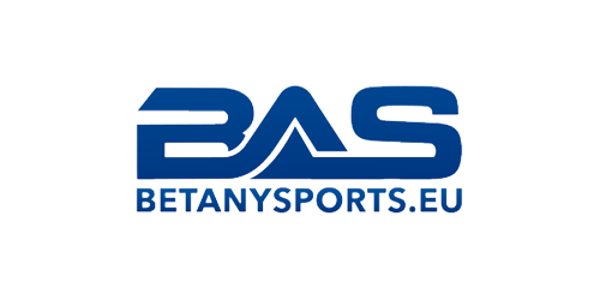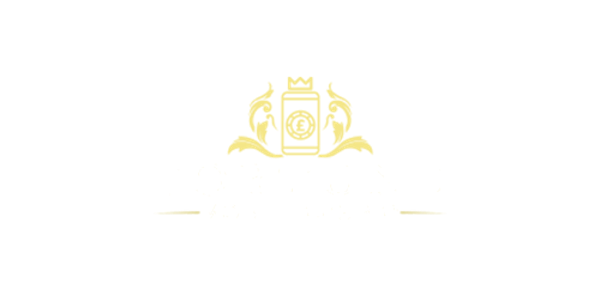The gambling law in Ireland has undergone changes in the governance structure over the past 10 years. While the changes may be difficult to keep up with trends, they represent Ireland's promise to keep pace in the thriving betting industry.
Gambling in many forms has been regulated in Ireland for many centuries. Historically, Ireland has a rich culture involved in both indoor and outdoor betting activities, in particular, horse racing betting has been an important part. Let's learn more about betting culture, as well as betting laws in Ireland.
Laws of Gambling in Ireland
Shortly after independence, the first Gambling Act was passed in Ireland, with the Betting Act enacted in 1926. The Totalizator Act was introduced in 1929, followed by amendments to the Act Betting law in the 1930s.
After World War II, the largest gambling law was passed in 1956, the Games and Lottery Act itself. Along with the Betting Act, this law created the basic rules relating to all forms of gambling entertainment, making casinos illegal to this day.
With the development of slot machines, the Finance Act in Ireland was passed in the 1970s and 1991 to regulate business operations. In the 1980s, the National Lottery was formed as the Irish government sought new ways to fund social services.
Ireland's legislator has brought the country's legal status to the same level as the gambling industry environment around the world.
Gambling Events in Ireland
In the history of Ireland, the equestrian and betting industry has been of importance, and at the same time, both the indoor and outdoor betting culture is rich. Since the 18th century, bookmakers and their institutions have been regulated by various statutes and common law.
Traditionally Ireland has not had a casino industry, though, it was changed to a certain extent in the early 2000s, with the emergence of private clubs offering game equipment limitations.
Since the beginning of the 20th century, Ireland has had a sweepstakes program, a state-run prize-winning bond system launched in 1987. A 20-year national lottery license was awarded in the year. 2014.
In Ireland, casinos are considered illegal, so there are no land casinos in Ireland. But small betting facilities still exist, as loopholes are still in law. These gambling entertainment institutions include poker rooms, roulette and blackjack tables, and slot machines. The bettors are required to become members of the club, and this is only an excuse to be legal under the law.
These casinos are located in the capital Dublin, and others are in major cities like Limerick, Dundalk, and Cork. The dress code is usually office attire, or formal, depending on the operator.
Payment Methods
Here are some of the deposit methods at Irish casinos that you can use.
Credit and Debit Cards
This is one of the most popular payment methods. Most Irish casinos allow bettors to store a card for repeat transactions.
EWallets
This is a great and fast solution for all types of deposits and withdrawals. The popular Irish casinos’ e-wallets include PayPal, Neteller, and Skrill, which offer excellent security and quick withdrawals, which is a big plus for eWallets.
Prepaid cards
In Ireland's online casinos, Paysafecard is a popular card, and bettors can buy it at retail stores. The prepaid card comes with a unique 16-digit PIN to be used for depositing activities at online casino sites.
Bank transfer
Irish players can set up a simple bank transfer method, by entering their account details on the casino website. However, the bank transfer method has a longer processing time for both deposits and withdrawals.
Payment by phone
Phone billing is typically through a mobile carrier, which will then add that specific amount to your monthly bill. This saves money from having to send money manually and bettors has set up recurring billing to receive payments.




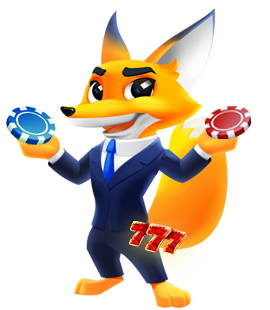





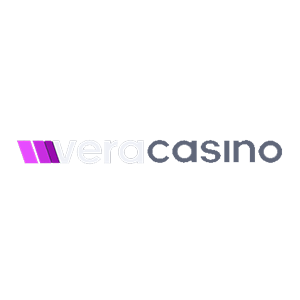

.png)
